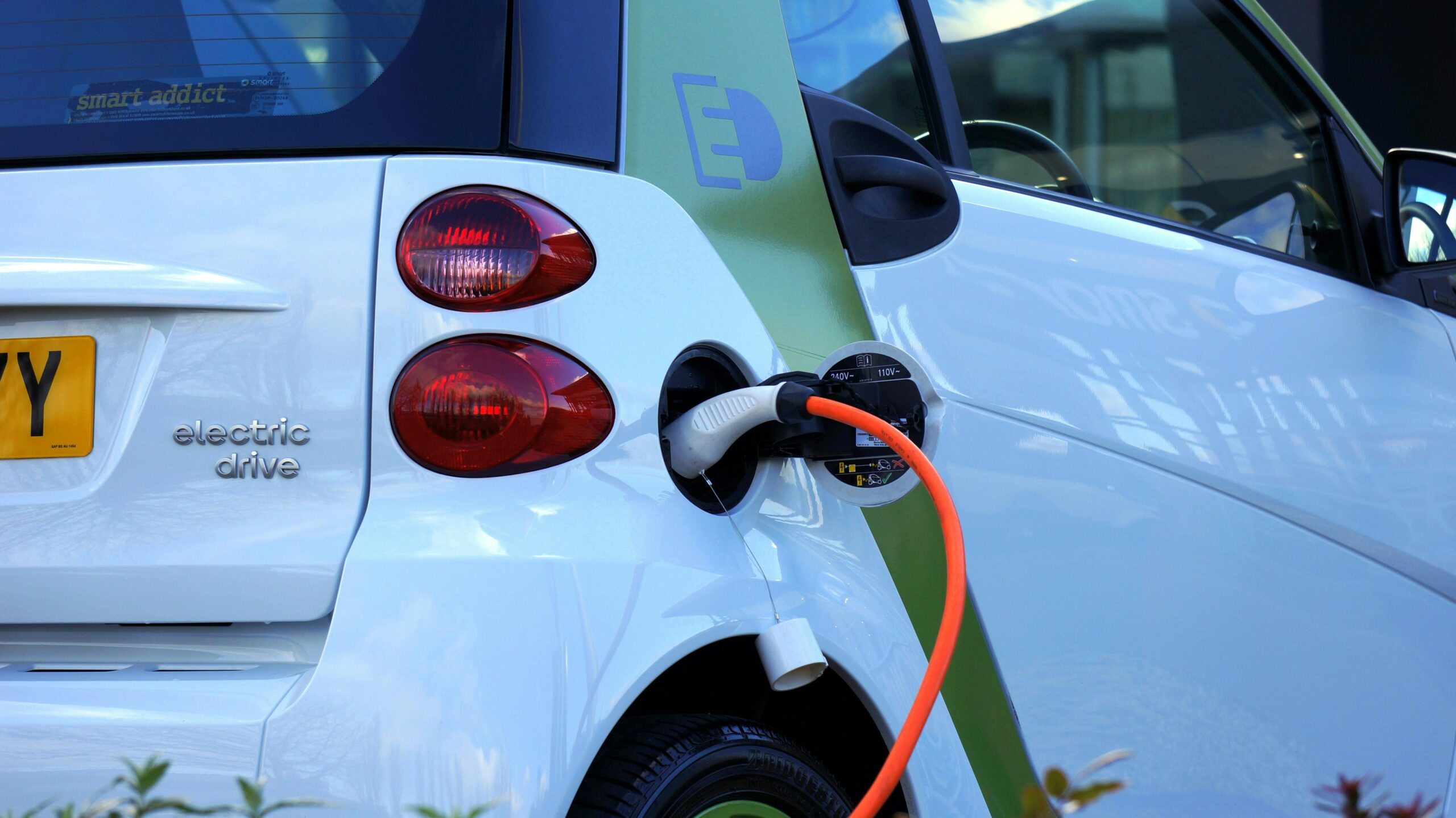President Ferdinand Marcos Jr. has reiterated his commitment to developing an eco-friendly transportation system in the Philippines, with electric vehicles (EVs) as a cornerstone of this strategy. Highlighting Tesla’s recent entry into the country, the President underscored EVs’ role in addressing climate change and reducing greenhouse gas emissions.
Key policies are driving this transition:
- Tax Incentives (TRAIN Act): Making EV ownership more affordable.
- EVIDA Law Benefits: Encouraging EV adoption with perks like reduced fees and priority parking.
- CREVI Targets: Aiming for a 50% EV market share by 2040.
- Executive Order No. 62: Cutting tariffs on imported EVs to lower costs.
These initiatives aim to make EVs accessible while improving air quality, reducing fossil fuel reliance, and fostering economic growth through job creation and investment in green industries.
However, success depends on building infrastructure, engaging the private sector, and raising public awareness. If effectively implemented, the Philippines’ push for sustainable transportation could significantly enhance environmental protection, public health, and energy security, paving the way for a greener future.


